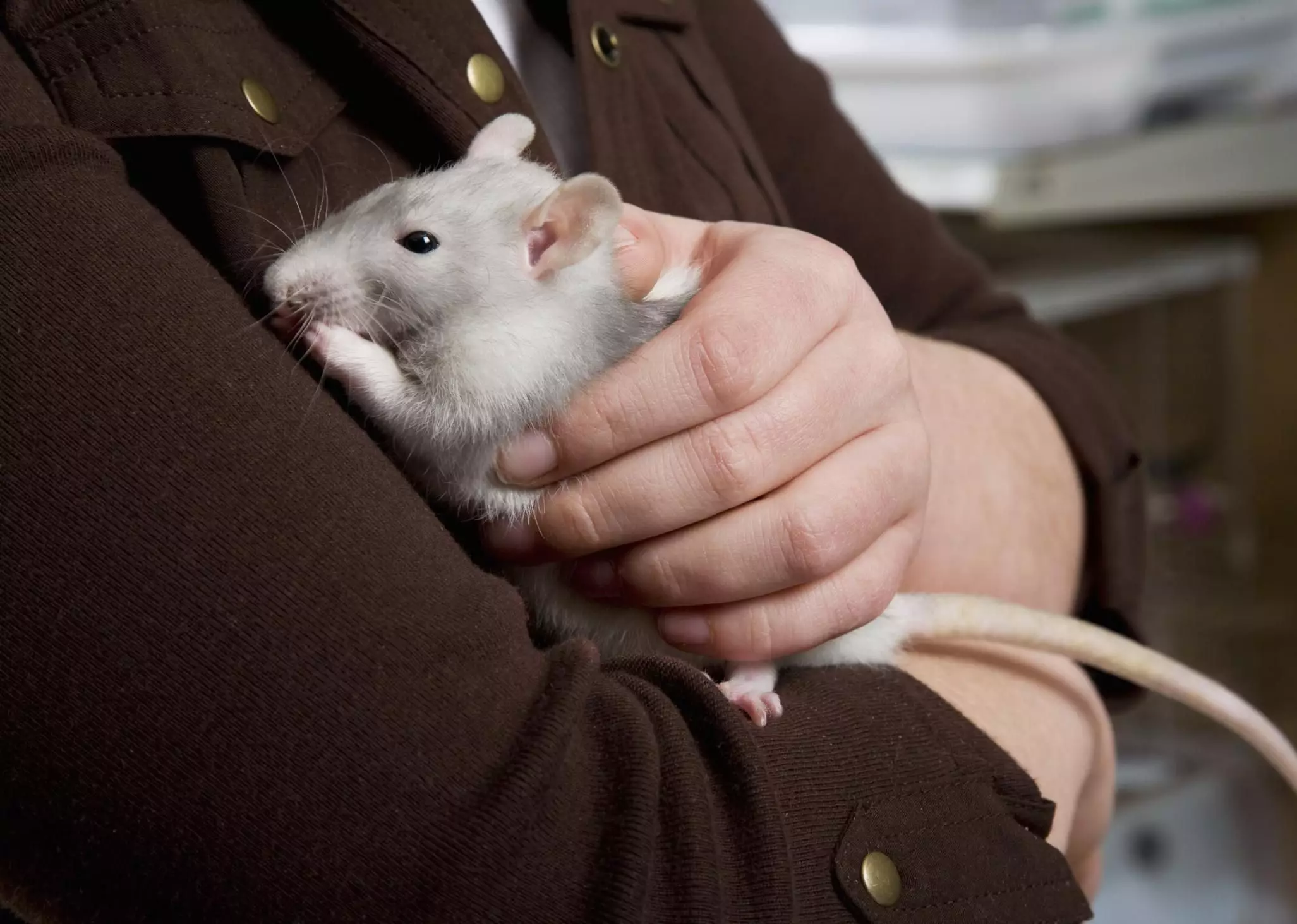Rats, often misunderstood creatures, are surprisingly affectionate and intelligent animals. With their ability to form bonds and develop recognizable behaviors, these little rodents make excellent companions, particularly for children. Unlike traditional pets, such as cats or dogs, rats have unique social structures that thrive on interaction, both with humans and fellow rats. Their playful disposition and desire for companionship mean that they often enjoy being held, cuddled, and even playing games. Understanding their social nature is essential when considering bringing a rat into your household.
When you interact daily with your rats, they learn to recognize you and with that recognition builds an emotional bond. They often exhibit excitement and curiosity when interacting with their caregivers. Therefore, while setting up the initial housing may require effort, the ongoing maintenance mainly includes social interaction, which can be quite rewarding.
Choosing the right environment for your pet rats is another critical aspect of their care and well-being. Ideally, you’ll want a multi-level cage that allows for climbing and exploration since rats are naturally inclined to investigate their surroundings. A spacious enclosure with a minimum size of 2 feet by 2 feet is recommended for two rats; however, larger is always better.
It is crucial to ensure that their cage is placed in a calm area of your home, away from direct sunlight and drafts. Proper ventilation is essential, so select a cage with a solid base and wire spacing small enough to prevent escapes. Remember to equip their home with chew toys, nibbles, hideouts, and soft nest materials like shredded paper towels or aspen bedding—stay away from cedar and pine, as these can be detrimental to their health.
Regular cage cleaning is a must. This generally involves changing the bedding weekly and doing a thorough clean of all surfaces. A fresh and clean environment is significant for your rats, as it influences their overall health and happiness.
Equipping your rats with a balanced diet is essential for their long-term health. Nutritionally complete pellets are widely available in pet stores and should form the bulk of their daily intake. Alongside their primary food, it’s encouraged to supplement their diet with small amounts of fresh fruits, vegetables, and occasionally protein, such as cooked chicken or mealworms. Just like humans, rats require fiber to maintain a healthy digestive system while keeping their fat intake low.
Although rats are relatively hardy, they remain susceptible to health issues such as tumors and respiratory infections. Routine veterinary care is vital, so prior to adopting, research local vets who treat small animals. Furthermore, be aware of their dental health, as rats’ teeth continuously grow. Providing chewing materials is important to prevent dental problems.
Moreover, surprising to some, litter-box training your pet rat is possible. By introducing a small litter box filled with appropriate material and placing it where they frequent, you may train them to use it consistently. This not only aids in cleanliness but may also help you bond with your pet as they become accustomed to their designated areas.
Just like any other pet, rats require exercise to keep their bodies fit and minds sharp. Integrating climbing frames, ropes, tunnels, and other toys into their setup encourages physical activity. Rats are curious creatures, so introducing new objects will help stimulate them mentally. Rotating their toys regularly helps to avoid boredom which can lead to behavioral issues.
Daily interactions outside of their cage allow them further chances for exercise. However, rat-proofing the area is crucial, as their natural inclination is to chew anything they can reach, including wires and plants that may be harmful. Covering furniture with protective coverings will also help, as rats often scent mark their territory as they explore.
Rats require a moderate level of care, but contrary to popular belief, they can indeed become wonderfully affectionate pets. The bonding experience you gain through regular interaction and the manageable upkeep of their living environment yields high rewards. Remember that rats typically live only two to three years, so it’s essential to prepare for cyclical companionship.
Before acquiring a pet rat, consider adopting from a shelter where they may have been better cared for. Breeders and adoption groups provide opportunities for obtaining healthy rats that have been socialized appropriately. Regardless of your route, take the time to ensure that you’re ready for the responsibility that comes with having a lovable rat companion in your life.
If you’re willing to dedicate time and effort, a pet rat can be a unique and fulfilling addition to your family, offering loyal companionship and joy.


Leave a Reply